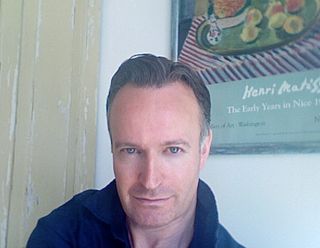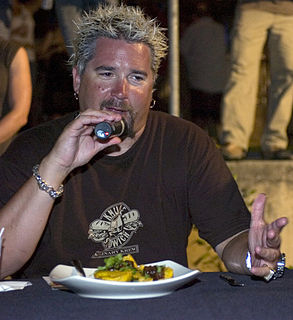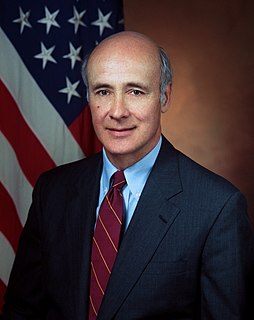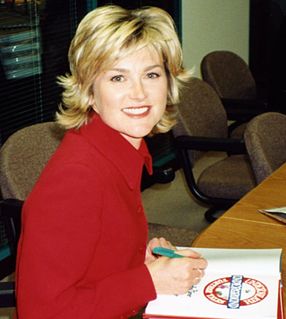A Quote by Andrew O'Hagan
The working class of England take their deracination completely for granted. Disenchantment is the happy code that informs every byway of the underclass: service jobs, celebrity dreams, Lotto wins, leisured poverty on pre-crunch credit cards, it's all there, part of the story of an English people whose grandparents never had it so good.
Related Quotes
The really successful work in England tends to be working-class writers telling working-class stories. The film industry has been slow to wake up to that, for a variety of reasons. It still shocks me how few films are written or made in England about working-class life, given that those are the people who go to movies.
I know how lucky I am. I never take it for granted. In this country [USA], anything can happen - anybody can be what they want to be. All I ever wanted was to be a good husband and father, a good chef, and to have my own restaurant. And the celebrity was never expected. Wouldn't have even dared dream of it. And here I am. So anyone's dreams can come true. And I'm very, very grateful for everything that's come my way. I thank everyone who enjoys what I do.
I think one of the main differences between being an English actor and being an American actor is that we have things like the class system in England.I'm middle class. But I've got what some people might consider to be a working-class accent, so you've got those sorts of elements in this country to consider, which, in America, exist, but not necessarily in the same way.
When I'm talking about the white working class, here's what I'm defining: high school degree, no more, and working in a blue-collar job or a low-skilled service job. When I'm talking about the white, upper-middle class, I'm talking about people who work in the professions or managerial jobs and have at least a college degree.







































